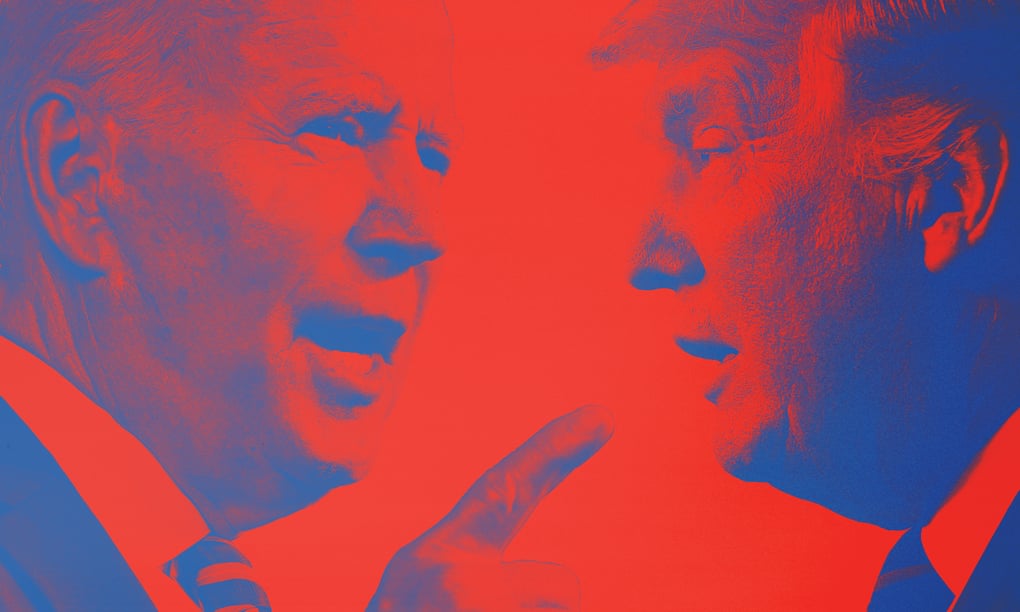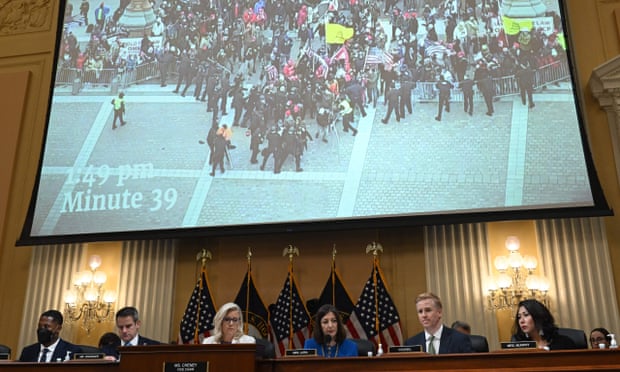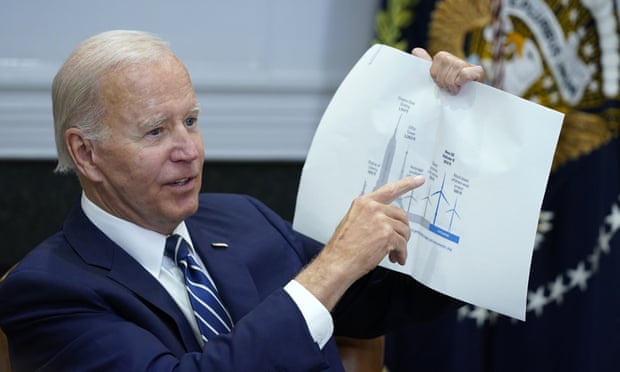A court in India ordered the release of 11 Hindu men who gang-raped a pregnant Muslim woman in 2002 and killed seven of her family members.
Themen involved in the Bilkis Bano case were freed on remission on Monday from Gujarat’s Godhra town jail as India celebrated the 75th anniversary of the end of British rule.
The men were previously convicted in early 2008 and given life sentences for the rape of Bano, a then-21-year-old pregnant Muslim woman, amid the Hindu-Muslim riots in 2002. She was five months pregnant at the time of her rape.
The riots in Gujarat, which were considered some of India’s worst religious unrest in modern times, led to the deaths of more than 1,000 people, many of whom were Muslims. The violence was triggered by the deaths of 59 Hindu pilgrims on board a train that caught fire. Hindu right-wing groups blamed Muslim extremists for the incident.
Current Indian Prime Minister Narendra Modi previously led Gujarat as chief minister. Today, his Hindu nationalist Bharatiya Janata Party continues to rule the state.
As Indian law allows convicts to seek remission after 14 years of jail time, the state government reportedly approved the men’s application for remission. The district jail advisory committee cited the time the men had spent in jail and their good behavior and recommended their release.
The men were also convicted of killing seven of Bano’s family, including her 3-year-old daughter Saleha, whose head was reportedly smashed on the ground.
On Monday, a media footage showed the 11 men being welcomed with confectioneries outside the jail upon their release.
The decision sparked outrage from the victim’s family, lawyers and politicians.
“We have lost our family and want to live in peace, but suddenly this has happened,” Yakub Rasul, Bano’s husband, reportedly said. “We had no prior information about their release, either from the courts or the government. We only learnt about it from the media.”
The Hindu men’s release has also sparked criticism regarding the government’s stance on violence against women.
“The remission of the sentence of convicts of a gruesome crime like gang-rape and murder is morally and ethically improper,” senior lawyer Anand Yagnik said. “What is the signal we are trying to send?”
“How can justice for any woman end like this? I trusted the highest courts in our land. I trusted the system, and I was learning slowly to live with my trauma. The release of these convicts has taken from me my peace and shaken my faith in justice,” Bano reportedly wrote in a statement released on Wednesday.
“My sorrow and my wavering faith is not for myself alone but for every woman who is struggling for justice in courts,” she added. “No one enquired about my safety and well-being, before taking such a big and unjust decision. Give me back my right to live without fear and in peace. Please ensure that my family and I are kept safe.”
Featured Image via @himansshhi
Bilkis Bano: The pain of seeing my rapists go free
Geeta Pandey - BBC News, Delhi
Thu, August 18, 2022

Bilkis Bano has said she wants her attackers to understand the severity of their crime
Bilkis Bano, who was gang-raped and saw 14 members of her family being murdered by a Hindu mob during the 2002 anti-Muslim riots in the western Indian state of Gujarat, is back in the headlines.
On Monday, 11 convicts who were serving life sentences for rape and murder in the case, walked out of prison to a heroes' welcome.
A video that has since gone viral showed the men lined up outside the Godhra jail while relatives gave them sweets and touched their feet to show respect.
In a late-night statement on Wednesday, Bilkis Bano called the decision to free the men "unjust" and said it had "shaken" her faith in justice.
"When I heard that the convicts who had devastated my family and life had walked free, I was bereft of words. I am still numb," she said.
"How can justice for any woman end like this? I trusted the highest courts in our land. I trusted the system, and I was learning slowly to live with my trauma. The release of these convicts has taken from me my peace and shaken my faith in justice," she wrote, appealing to the Gujarat government to "undo this harm" and "give me back my right to live without fear and in peace".
The article contains details that some readers may find disturbing
The decision to free the convicts was announced by the Gujarat government on Monday, as India celebrated its 75th anniversary of independence.
A senior official said a government panel had approved the application for remission as the men - first convicted by a trial court in 2008 - had spent more than 14 years in jail, and after considering other factors such as their age and behaviour in prison.
The move by Gujarat's Hindu nationalist Bharatiya Janata Party (BJP) government - which is also in power nationally - has caused outrage in India. It's been criticised by opposition parties, activists and several journalists, who have called it unethical and a discrimination against India's minority Muslims. Attacks on the community have risen sharply since the BJP formed the federal government in 2014.
Many have also pointed out that the release was in contravention of guidelines issued by both the federal government and the Gujarat state government - both say that rape and murder convicts cannot be granted remission. Life terms in these crimes are usually served until death in India.
The biggest setback, predictably, has been for Bilkis Bano and her family.
The anger and despondence of the family is easy to understand considering the magnitude of the crime and the protracted battle they had to fight for justice.

The riots began after a fire on a passenger train in Godhra town killed 60 Hindu pilgrims
The attack on Bilkis Bano and her family was one of the most horrific crimes during the riots, which began after 60 Hindu pilgrims died in a fire on a passenger train in Godhra town.
Blaming Muslims for starting the fire, Hindu mobs went on a rampage, attacking Muslim neighbourhoods. Over three days, more than 1,000 people died, most of them Muslims.
Narendra Modi, who was then Gujarat chief minister, was criticised for not doing enough to prevent the carnage. He has always denied wrongdoing and has not apologised for the riots.
In 2013, a Supreme Court panel also said that there was insufficient evidence to prosecute him. But critics have continued to blame him for the riots happening on his watch.
Over the years, the courts have convicted dozens of people for involvement in the riots, but some high-profile accused got bail or were exonerated by higher courts.
This included Maya Kodnani, an ex-minister and aide to Mr Modi, whom a trial court had called "the kingpin of the riots".
And now the men who wronged Bilkis Bano have also been set free.
I met Bilkis Bano in May 2017 at a safe house in Delhi, just days after the Bombay High Court had confirmed the life sentences of the 11 convicted in her case.
Fighting back tears, she recounted the horrors of the attack.

For three days in 2002, Hindu mobs went on a murderous rampage in Gujarat
The morning after the train fire, Bilkis Bano - then 19 and pregnant with her second child - was visiting her parents in a village called Randhikpur near Godhra with her three-year-old daughter.
"I was in the kitchen making lunch, when my aunt and her children came running. They said their homes were being set on fire and we had to leave immediately," she told me. "We left with just the clothes we were wearing, we didn't even have the time to put on our slippers."
Bilkis Bano was in a group of 17 Muslims that included her daughter, her mother, a pregnant cousin, her younger siblings, nieces and nephews, and two adult men.
Over the next few days, they travelled from village to village, seeking shelter in mosques or subsisting on the kindness of Hindu neighbours.
India Supreme Court rejects riots plea against Modi
Life sentences over 2002 India massacre
On the morning of 3 March, as they set out to go to a nearby village where they believed they would be safer, a group of men stopped them.
"They attacked us with swords and sticks. One of them snatched my daughter from my lap and threw her on the ground, bashing her head into a rock."
Her attackers were her neighbours in the village, men she had seen almost daily while growing up. They tore off her clothes and several of them raped her, ignoring her pleas for mercy.
Her cousin, who had delivered a baby two days earlier while they were on the run, was raped and murdered and her newborn was killed.
Bilkis Bano survived because she lost consciousness and her attackers left, believing she was dead. Two boys - seven and four - were the only other survivors of the massacre.

Mr Modi was chief minister of Gujarat state when the riots took place
Bilkis Bano's fight for justice was long and nightmarish. It has been well documented that some police and state officials tried to intimidate her, evidence was destroyed and the dead were buried without post-mortems. The doctors who examined her said she hadn't been raped, and she received death threats.
The first arrests in the case were made only in 2004 after India's Supreme Court handed over the case to federal investigators. The top court also agreed that courts in Gujarat could not deliver her justice and transferred her case to Mumbai.
Her fight for justice was also disruptive for her family - they've had to move home nearly a dozen times.
"We still can't go home because we're afraid. Police and the state administration have always helped our attackers. When we are in Gujarat, we still cover our faces, we never give out our address," her husband had told me.
Gujarat's leader 'allowed' riots
India riots whistleblower gets life in jail
During trial, there were calls for the death penalty for Bilkis Bano's attackers, including from herself.
But after the high court in Mumbai sentenced them to life, she told me she was "not interested in revenge" and "just want them to understand what they've done".
"I hope they will one day realise the enormity of their crime, how they killed small children and raped women."
But, she added, she wanted them "to spend their entire lives in jail".
On Tuesday, Mr Rasool told the Indian Express newspaper that his wife was "distressed and melancholic".
"The battle we fought for so many years has been wrapped up in one moment," he said.
"We have not even had the time to process this news and we know that the convicts have already reached their homes."















